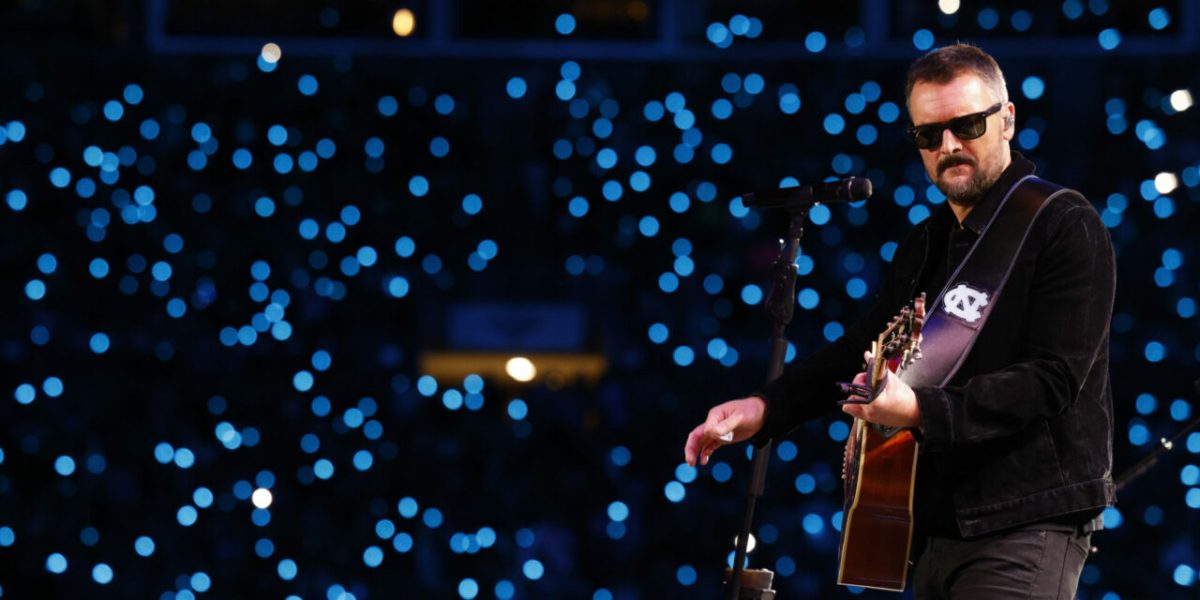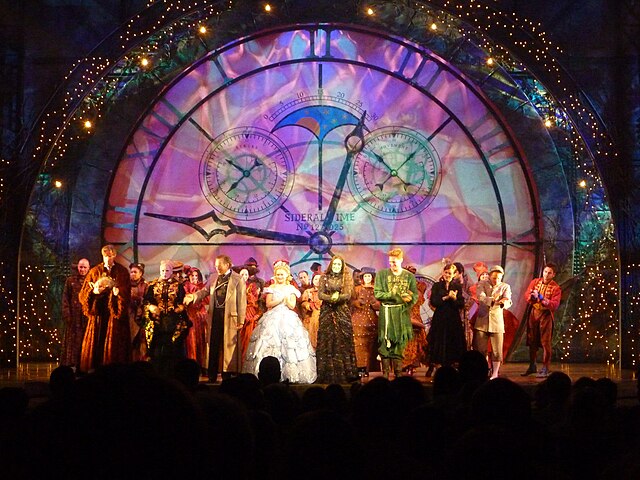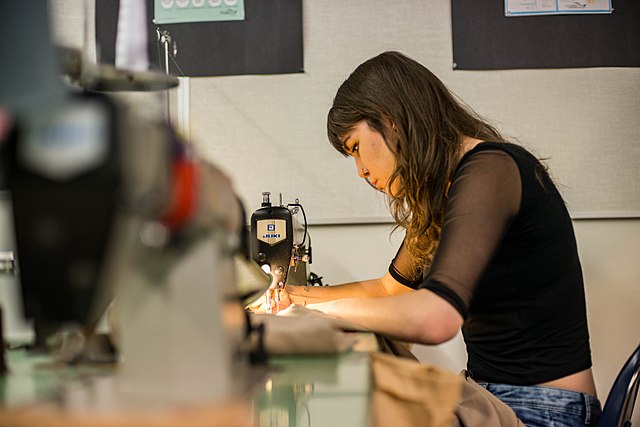The crisp smell of rustic fall air, the delicate descent of orangey-tinged oak leaves, the soothing sound of a local bluegrass ensemble in the distance. It is the 22nd season of Shakori Hills GrassRoots festival.
On Oct. 9, families, hippie folk of all ages gathered on Shakori’s 75- acre farmstead property outside of Chapel Hill.
Attendees typically return twice a year for the fall and spring festivals to take a break from the fast pace of life while enjoying exceptional music and some much-needed fresh air.
While most people go for the music, the festival offers many other perks; it is a collective of thoughtful and like-minded people.
“Jordan Puryear and a friend found some land in N.C. that they fell in love with,” said festival co-coordinator Sara Waters. “That next April, the festival began. We’re now on our 11th annual fall festival.”
Its parent festival, the Fingerlakes GrassRoots Festival of Music and Dance, which laid its ground in Trumansburg, N.Y., in 1991, inspired the conception of Shakori. The creators of Fingerlakes aspired to spread the love of the original festival down south.
“GrassRoots belongs to all of us,” said Band and Stages Coordinator Emma Hewitt. “We create it, contribute to it, participate in it and benefit from it. It is a refreshing escape from the way that many other things in our society run — it’s cooperative, collective, artistic, imaginative and more!”
It all seems too good to be true, but there is a secret to the GrassRoots chain of success. The people running GrassRoots festivals love the music too.
“The music that I love brought me here, and now I’m able to bring bands out here that people love — that is quite rewarding,” said Waters. “I really love seeing how happy music makes people.”
With values sticking to safe, respectful and expressive origins, the festival draws in a diverse crowd. Many attendees are Guilford students.
“There is a lot more ‘love’ at Shakori than many other festivals I have been to,” said senior Alejo Salcedo. “This is generally the case at smaller festivals and I would say is due to its local, grassroots, family orientation.”
Shakori embodies a sense of intimacy that larger-scale festivals lack, making for a more wholesome and genuine experience.
“I think that a lot of people go into a small festival like Shakori with an endgame other than losing their minds on a ton of drugs,” said senior Gabe Monroe. “That’s one of the reasons that the art, community and general feeling is so different. It’s positive and uplifting.”
Festival culture has had a reputation of steering young people towards drug abuse in recent years. Shakori differs in this sense.
“Although there is drug use, it is not the overall culture of the festival,” said junior Moira O’Neill. “You don’t see a lot of drug references or paraphernalia for sale like you do at other festivals, and people are generally respectful of the families with children.”
On Friday afternoon, the sun blazed down on festival-goers, yet an air of contentment lingered. Duo Richie Sterns and Rosie Newton tickled the ears of attendees in front of the main “meadow” stage.
With Sterns on banjo and Newton on fiddle, their soft vocals mingled swiftly over bluegrass instrumentals. Newton’s voice was hauntingly beautiful and equally as effortless.
As day quickly faded into darkness, the starry night sky opened up the property and changed the energy.
“The freaks come out at night,” said senior Hannah Schewel, as we approached the stage.
It was Saturday, the final night of festivities; the last performance was up on the meadow stage. Their name: Telekinetic Walrus.
The experience is represented in the name — it is a flavorful explosion of hip-hop, funk and bass. This seven-piece band offered not only a highly charged auditory experience but also an imaginative visual performance as their costumes glistened under the moonlight.
It is the lesser-known acts such as these that keep Shakorians coming back.
But, with continuous prosperity and a growing number of attendees, there is a natural struggle to stay true to core values.
“On account of the festival growing larger, there’s been an increase in minor mishaps,” said senior Sam Metzner. “It brings down the level of positivity.”
Instances of theft, whether it’s camping equipment or personal items, decrease camaraderie.
“(This year) is the first time anyone I know has gotten robbed when I went, and that definitely made me upset,” said O’Neill. “Overall, I usually feel pretty safe and happy at Shakori, and I think this is because everyone I meet that’s involved in running the festival has genuinely treated me kindly. They all seem like they just want to make sure everyone has a great time.”












